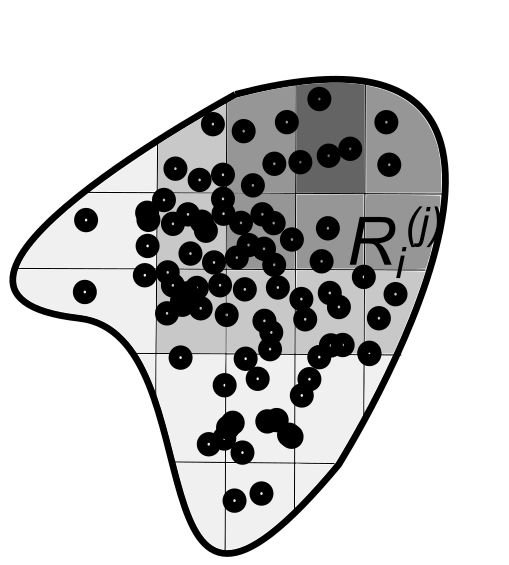-
Predictive tools for integrated socio-environmental systems
tags: applied ecology, invasive species, optimization, economics, SESYNC, post doc

Combining dynamical population ecology models with policy scenarios is an important approach in both population biology and bioeconomics. At its best, this approach may provide predictive understanding of future behavior. But in complex socio-environmental systems (SES), applying such theory requires large amounts of data and system understanding. Reduced-complexity representations, like networks, provide promise but are not yet linked to dynamic theory. I am Co-leading a SESYNC working group focused on addressing this gap.
-
Management of freshwater-coupled human-natural systems
tags: floodplains, salmon, restoration, applied ecology, population biology, Grand Canyon, optimal control, economics, Ph.D., SESYNC, post doc, adaptive management

Human livelihoods and ecosystem fates are often linked by water. I have a longstanding interest in the population biology of rivers, and in using theory and methods from computational ecology to understand and manage rivers to sustain aquatic life and nature's benefits to people. I am co-leading a SESYNC working group focused on systems where shallow aquifers link groundwater use to instream flows, leading to tradeoffs between users and potential tipping points.
-
Inference in complex systems
tags: Ph.D., post doc, inference, stochasticity, transient dynamics, genomics, conservation, plasticity

Inference of process from pattern is a major methodological challenge, yet increasingly available "big" phenotypic and genomic data promises to shed light on otherwise-difficult-to-collect vital rates in natural populations. I develop and apply methods to use this data to understand and conserve natural populations in human-dominated systems.
-
Eco-evolutionary dynamics in human-dominated systems
tags: Ph.D., evolution, stochasticity, plasticity, transient dynamics, population biology, M.Sc., sea lice, salmon, resistance evolution, complex population dynamics, population biology, mathematical ecology, ecosystem services, evosystem

In my Ph.D., I sought to understand the consequences of trait change due to evolutionary and plastic responses in changing environments, developing theory on population dynamics resulting from these processes in stochastic environments. Using this theory I showed how environmental autocorrelation controls the benefits to plasticity in new environments. Further, these theories provide predictions about the entire distribution of population sizes and fitness levels within a population. My M.Sc. research focused on the evolutionary ecology of sea lice, farmed and wild salmon. Recently, I've become particularly interested in the ways in which the combination of wild salmon migrations and salmon farm management can influence chemical resistance evolution on farms, potentially providing a benefits to people (which some have called "EVOsystem services").